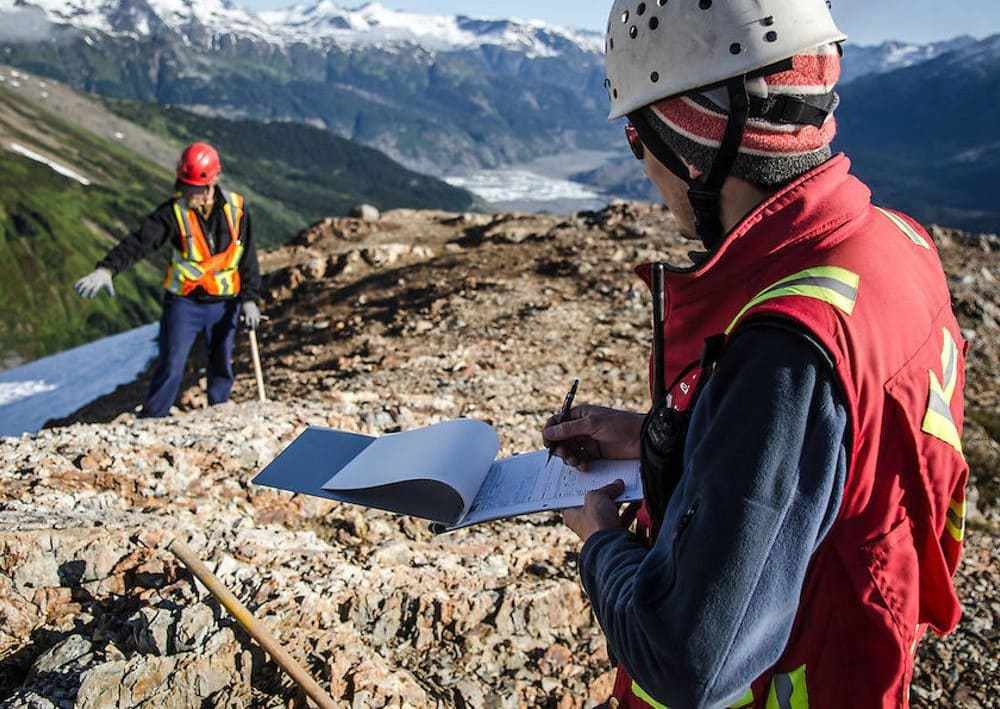ASTANA – The KazMunayGas (KMG) national oil and gas company invited SOCAR (State Oil Company of Azerbaijan) to consider projects related to geological exploration in Kazakhstan, said KMG Chairman Magzum Mirzagaliyev in a March 11 interview with Trend during his visit to Baku.

Photo credit: AGMP
“KazMunayGas wants its relationship with SOCAR to go beyond transportation and include other areas of cooperation. We agreed to study the development of projects in oil and production. In addition, we invited SOCAR to consider the projects related to geological exploration in Kazakhstan,” he said.
According to Mirzagaliyev, the regulations introducing a new mechanism — the Improved Model Contract (IMC) — entered into force in January 2023 to enhance competitiveness and create favorable conditions for attracting further investment in complex projects.
“Owing to the IMC, the best conditions will be provided for investors in geological exploration, as well as production in complex fields. That is, we continue to discuss and study the potential of joint projects,” he said.
In 2022, President Kassym-Jomart Tokayev instructed increasing the volume of oil transportation along the Trans-Caspian International Transport Route (TITR), or the Middle Corridor. Following this instruction, KazMunayGas and SOCAR signed an agreement providing for five years of transporting 1.5 million tons of oil per year from the Tengiz field through the Baku (Azerbaijan) — Tbilisi (Georgia) — Ceyhan (Türkiye) pipeline.
In 2023, Kazakhstan increased the volume of oil exports in the direction of the Baku-Tbilisi-Ceyhan oil pipeline to 1.392 million tons, a 5.5 times increase compared to 2022.
The Middle Corridor connects China’s container rail freight networks and European Union (EU) countries through Central Asia, the Caucasus, Türkiye and Eastern Europe.
A multilateral multimodal transport infrastructure links ferry terminals of the Caspian and Black Seas with the railway systems of China, Kazakhstan, Azerbaijan, Georgia, Türkiye, Ukraine and Poland.
The Middle Corridor contributes to an increase in cargo traffic from China to Türkiye, as well as to EU countries and in the opposite direction.
A block train running along this corridor delivers goods from China to Europe in an average of 20-25 days, which is one of the main advantages of this transport corridor.
